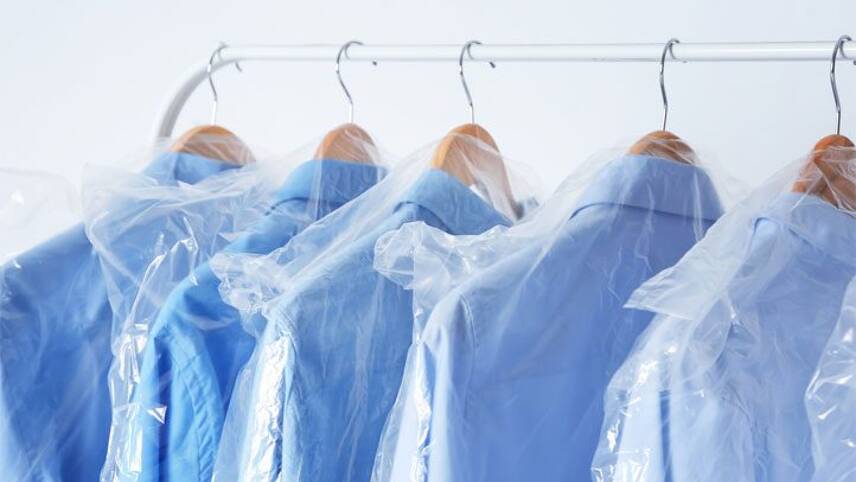Register for free and continue reading
Join our growing army of changemakers and get unlimited access to our premium content

By some estimates
The packaging is being developed by retail solutions firm Mainetti, best known as the world’s largest producer of garment hangers. Each piece of packaging contains at least 30% recycled content.
Polythene film is widely regarded as hard to recycle, largely because its lightweight nature makes it challenging for recyclers to capture value and because much infrastructure cannot process soft films. Moreover, it can be challenging to source recycled content that meets the visual standard for poly bags and slips. These are typically clear, while recycled options can be cloudy.
Mainetti claims that its Polyloop system for making the bags can collect, clean and process scrap plastics into poly bags and slips that look identical to virgin plastic. Bags made using the material are currently being trialled by Superdry, Very and Morrisons, through its own-brand fashion line Nutmeg.
In order to scale up the production of the bags, Mainetti is installing an industrial scale processing line in the UK. This is expected to begin operating this year. Once completed, it will have the capacity to process 4,000 tonnes of recycled plastics each year, incorporating them into new polythene packaging.
Mainetti’s chief operations officer Keith Charlton said the introduction of the solution will help retailers and suppliers “tackle some of the issues they are facing and ensure that circular processes are built into every aspect of the manufacturing process”, while also reducing emissions. To this latter point, life-cycle analyses for some kinds of plastic have revealed that recycled materials generate 67-71% less emissions.
Mainetti Polyloop is notably a member of the Ellen MacArthur Foundation network. The Foundation runs circular economy schemes for both the plastics and the fashion industries, called the New Plastics Economy and Make Fashion Circular specifically.
Other approaches to the poly-bag challenge from other retailers have included removal (Surfdome, Marks & Spencer) and the use of reusable alternatives (Asos, Zalando).
Plastic tax
The news comes ahead of the introduction of a new tax on single-use plastic packaging that does not contain at least 30% recycled content in the UK. The tax was first confirmed by then-Chancellor Philip Hammond at the 2018 Budget and, after Covid-19 related delays, will come into effect from April 2022.
Of course, integrating recycled content does not inherently make products or packaging more recyclable or more likely to be reused. Defra is currently consulting on several key facets of the Resources and Waste Strategy which includes measures to improve circularity across the value chain. These include universal household food waste collections for England; a deposit return scheme (DRS) for plastic drinks bottles and stricter extended producer responsibility requirements for manufacturers of hard-to-recycle and single-use items.
The UK’s long-term ambition is to prevent all ‘avoidable’ plastic waste by 2042.
Sarah George


Please login or Register to leave a comment.